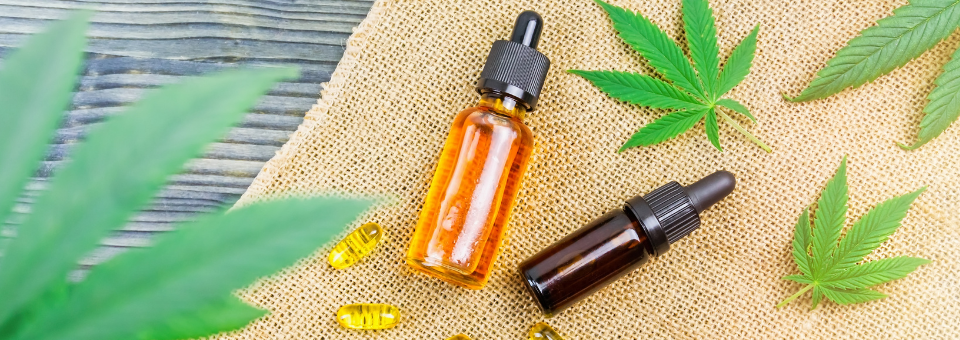Medical cannabis includes a range of products derived from cannabis plants and extracts. Cannabis used for medical treatments contains complex compounds such as tetrahydrocannabinol (THC) and cannabidiol (CBD).
Patients can use medical cannabis to relieve pain and to treat several conditions. To use cannabis for medical purposes, you have to be authorized by a healthcare provider and registered with a licensed seller or with Health Canada.
Medical conditions commonly treated with medical cannabis
- Chemotherapy-induced nausea and vomiting
- Chronic pain
- Epilepsy
- HIV/AIDS-related anorexia and nausea
- Multiple sclerosis (pain/spasticity)
- Palliative care of cancer patients
Other conditions for which cannabinoid therapy may be considered when more traditional treatment options have been exhausted include:
- Alcohol and opioid dependency
- Anxiety disorder
- Autism spectrum disorder
- Headache disorders, migraines
- Inflammatory bowel disease (ulcerative colitis, Crohn’s)
- Neurodegenerative disorders (Alzheimer’s, Parkinson’s)
- Spinal cord injury
- Post-traumatic stress disorder (PTSD)
Who do we serve?
- Ontario patients aged 19 and over
- Québec patients aged 18 and over (fee may apply)
How to access our services?
- It is preferable to be referred by your family physician or another healthcare professional to book an appointment at the Cannabinoid Clinic.
- If you are unable to get a medical referral, you may also self-refer by filling out a form through Canabo Medical Clinic.
The Cannabinoid Clinic appointments are by telemedicine. The Ambulatory Clinics offer several other types of medical consultations with specialists through telemedicine.
